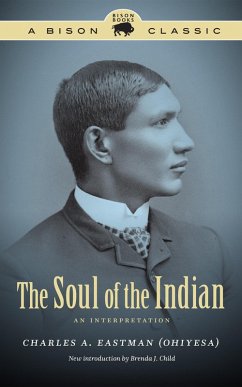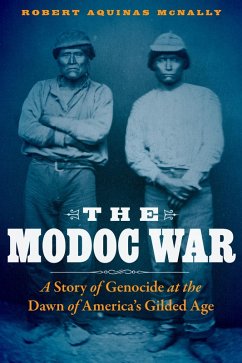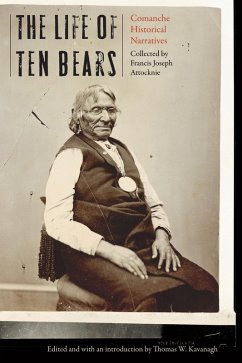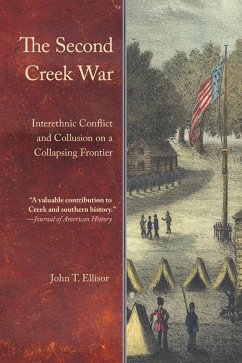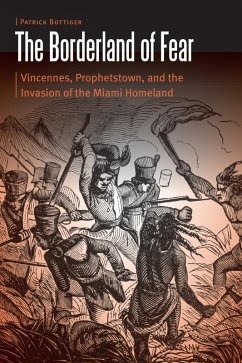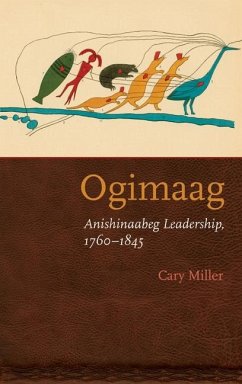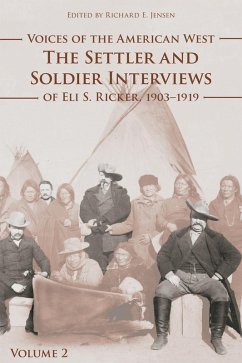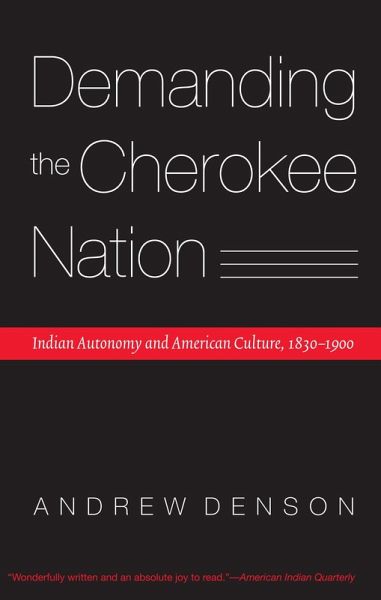
Demanding the Cherokee Nation (eBook, PDF)
Indian Autonomy and American Culture, 1830-1900
Versandkostenfrei!
Sofort per Download lieferbar
22,95 €
inkl. MwSt.
Weitere Ausgaben:

PAYBACK Punkte
11 °P sammeln!
Demanding the Cherokee Nation examines nineteenth-century Cherokee political rhetoric in reassessing an enigma in American Indian history: the contradiction between the sovereignty of Indian nations and the political weakness of Indian communities. Drawing from a rich collection of petitions, appeals, newspaper editorials, and other public records, Andrew Denson describes the ways in which Cherokees represented their people and their nation to non-Indians after their forced removal to Indian Territory in the 1830s. He argues that Cherokee writings on nationhood document a decades-long effort b...
Demanding the Cherokee Nation examines nineteenth-century Cherokee political rhetoric in reassessing an enigma in American Indian history: the contradiction between the sovereignty of Indian nations and the political weakness of Indian communities. Drawing from a rich collection of petitions, appeals, newspaper editorials, and other public records, Andrew Denson describes the ways in which Cherokees represented their people and their nation to non-Indians after their forced removal to Indian Territory in the 1830s. He argues that Cherokee writings on nationhood document a decades-long effort by tribal leaders to find a new model for American Indian relations in which Indian nations could coexist with a modernizing United States.Most non-Natives in the nineteenth century assumed that American development and progress necessitated the end of tribal autonomy, and that at best the Indian nation was a transitional state for Native people on the path to assimilation. As Denson shows, however, Cherokee leaders articulated a variety of ways in which the Indian nation, as they defined it, belonged in the modern world. Tribal leaders responded to developments in the United States and adapted their defense of Indian autonomy to the great changes transforming American life in the middle and late nineteenth century, notably also providing cogent new justification for Indian nationhood within the context of emergent American industrialization.
Dieser Download kann aus rechtlichen Gründen nur mit Rechnungsadresse in A, B, BG, CY, CZ, D, DK, EW, E, FIN, F, GR, HR, H, IRL, I, LT, L, LR, M, NL, PL, P, R, S, SLO, SK ausgeliefert werden.






